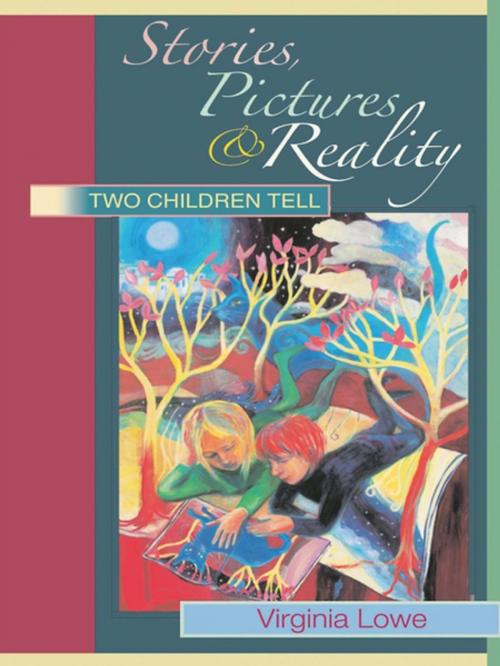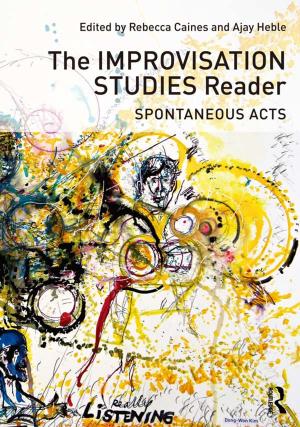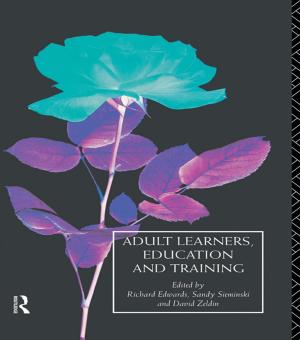Stories, Pictures and Reality
Two Children Tell
Nonfiction, Reference & Language, Education & Teaching| Author: | Virginia Lowe | ISBN: | 9781134153268 |
| Publisher: | Taylor and Francis | Publication: | November 21, 2006 |
| Imprint: | Routledge | Language: | English |
| Author: | Virginia Lowe |
| ISBN: | 9781134153268 |
| Publisher: | Taylor and Francis |
| Publication: | November 21, 2006 |
| Imprint: | Routledge |
| Language: | English |
Stories, Pictures and Reality follows two children as they work out the reality status of stories and pictures, with a daily parent-observer record from the birth of the first child until the second is eight, a span of eleven years in all. Together these children pick through the meaning of stories and the motivations of the characters they discover in this unique first-hand description of the discernment that children bring to books from an early age, full of revealing quotes that tell us a great deal about the cognitive development of our young readers: "It’s a joke 'cause it couldn’t really have happened", "I’ll tell you what's pretend: Batman, Robin, Superman, pirates, cowboys and Indians". "Pussy cats don’t fly kites!", "The man who drawed it was wrong".
In analysis this longitudinal study shows that children have more insight and understanding than they are often given credit for and that they approach subjects that puzzle the most sophisticated of thinkers with an elegant simplicity beyond the expectations of conventional psychologists and children’s literature commentators. This book urges readers, especially practitioners and academics, to afford greater respect to what young children are capable of in this area.
Stories, Pictures and Reality follows two children as they work out the reality status of stories and pictures, with a daily parent-observer record from the birth of the first child until the second is eight, a span of eleven years in all. Together these children pick through the meaning of stories and the motivations of the characters they discover in this unique first-hand description of the discernment that children bring to books from an early age, full of revealing quotes that tell us a great deal about the cognitive development of our young readers: "It’s a joke 'cause it couldn’t really have happened", "I’ll tell you what's pretend: Batman, Robin, Superman, pirates, cowboys and Indians". "Pussy cats don’t fly kites!", "The man who drawed it was wrong".
In analysis this longitudinal study shows that children have more insight and understanding than they are often given credit for and that they approach subjects that puzzle the most sophisticated of thinkers with an elegant simplicity beyond the expectations of conventional psychologists and children’s literature commentators. This book urges readers, especially practitioners and academics, to afford greater respect to what young children are capable of in this area.















